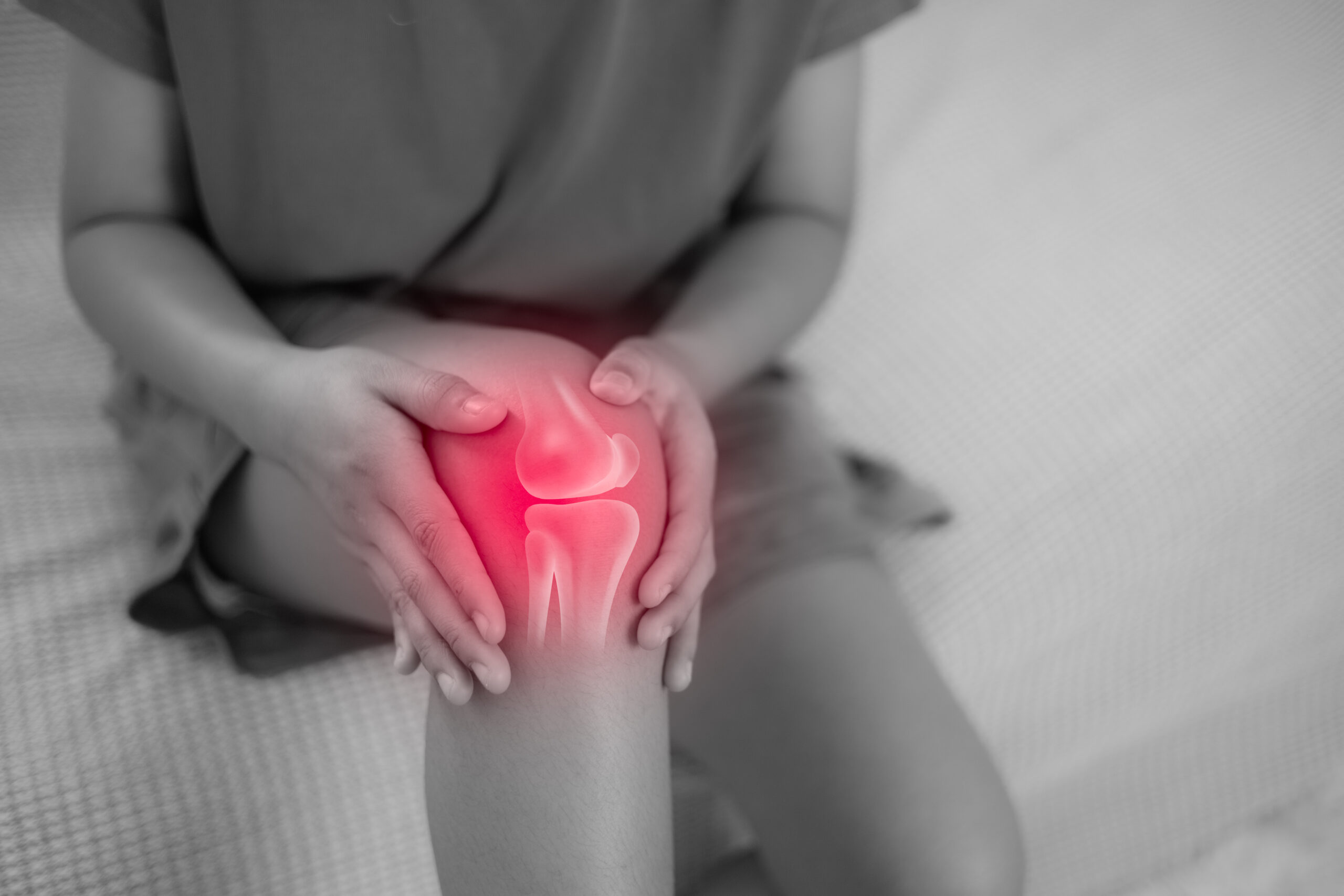Tendinitis Treatment
What is Tendinitis?
Tendinitis is inflammation or irritation of a tendon—the strong, flexible tissue connecting muscles to bones. Typically caused by repetitive movements, overuse, or injury, tendinitis often leads to discomfort, swelling, and limited movement in the affected area. Common areas impacted include elbows, shoulders, wrists, knees, and ankles.
What Causes Tendinitis?
Tendinitis is an inflammatory condition marked by the irritation of a tendon, the tough cord of tissue that attaches muscles to bones. While the exact cause of tendinitis is often not clear, it typically arises from a blend of physical strain, repetitive movements, and sometimes, underlying genetic factors that may predispose individuals to inflammation. Environmental factors like repetitive strain, abrupt injuries, or extended physical activities can exacerbate this condition, particularly in joints such as the shoulders, elbows, knees, and ankles.
Furthermore, tendinitis can occasionally co-occur with autoimmune disorders such as rheumatoid arthritis, where the body's immune system erroneously targets its own tissues, including tendons, causing pain and swelling. In some cases, external factors like extreme sports, workplace activities, or even certain medications might trigger or aggravate the symptoms.
At Millennium Physicians, our skilled team is committed to delivering outstanding care for tendinitis. We employ advanced diagnostic techniques to accurately identify the sources of tendon irritation and tailor personalized treatment plans to alleviate symptoms and prevent recurrence. If you're experiencing persistent joint pain or swelling, consider consulting with our experts at Millennium Physicians to explore your treatment options and embark on your journey to recovery.

Symptoms of Tendinitis
Tendinitis is marked by various symptoms that primarily affect the tendons, which may vary in intensity and onset. Here are the key symptoms associated with tendinitis:
-
Tendon Pain
- Localized Pain: The most noticeable symptom of tendinitis is a pain that occurs at the tendon site and worsens with movement. Commonly affected areas include the elbow, shoulder, hip, knee, and heel.
- Impact on Daily Activities: This pain can make it difficult to perform activities that involve the affected tendon, such as walking, lifting, or repetitive movements.
-
Swelling and Tenderness
- Visible Swelling: Inflammation of the tendon can lead to visible swelling in the affected area.
- Tender to Touch: The area around the inflamed tendon may feel tender and sensitive to touch, exacerbating discomfort during physical activity.
-
Other Symptoms
- Reduced Range of Motion: Swelling and pain may limit the movement of the joint associated with the affected tendon, making it hard to perform full movements without discomfort.
- Crepitus: Some individuals may experience a crackling or grating sensation when moving the affected joint or tendon.
- Redness and Warmth: The skin over the affected tendon may appear red and feel warm to the touch.
- Stiffness: Morning stiffness or stiffness after periods of inactivity can also be a sign of tendinitis.
Key Features of Tendinitis
- Pain at the Tendon Site: Sharp pain, particularly with movement or touch.
- Swelling: Localized swelling around the affected tendon.
- Tenderness: The area around the tendon is sensitive to touch.
- Redness: Reddening of the skin over the affected area.
- Warmth: The affected area may feel warm compared to surrounding tissues.
- Reduced Mobility: Difficulty moving the joint near the affected tendon.
- Stiffness: Especially noticeable after periods of inactivity or in the morning.
- Crepitus: A crackling sound or sensation when the tendon moves.
Treatment Options
Frequently Asked Questions About Tendinitis
Diagnosis usually involves a physical examination, medical history review, and sometimes imaging tests like MRI or ultrasound to confirm inflammation and assess the severity of the condition.
7 Convenient Houston Locations
Bellaire
4747 Bellaire Blvd. Ste. 150
Bellaire, TX 77401
Phone: (281) 315-8130
Fax: (281) 315-8131
Hours: Monday – Friday 8:30 AM – 5:00 PM
Cleveland
314 South San Jacinto Ave
Cleveland, TX 77327
Phone: (936) 571-0508
Fax: (281) 763-2706
Hours: Monday – Friday 8:30 AM – 5:00 PM
Conroe
506 Medical Center Blvd. Ste. 100
Conroe, TX 77304
Phone: (936)-571-0508
Fax: (281) 763-2706
Hours: Monday – Friday 8:30 AM – 5:00 PM
Cypress
27700 Northwest Fwy. Ste. 580
Cypress, TX 77433
Phone (346) 345-2400
Fax (346) 345-2401
Hours: Monday - Friday 8:30 AM - 4:00 PM
Houston
522 Timberdale Ln.Houston, TX 77090
Phone: (281) 315-8130
Fax: (281) 315-8131
Hours: Monday – Friday 8:30 AM – 5:00 PM
Huntsville
130 Medical Center Pkwy. Ste. 5
Huntsville, TX 77340
Phone: (936) 571-0508
Fax: (281) 763-2706
Hours: Monday – Friday 8:30 AM – 5:00 PM
The Woodlands
9319 Pinecroft Dr. Ste. 100 & 210
The Woodlands, TX 77380
Phone: (346) 345-2400
Fax: (346) 345-2401
Hours: Monday - Friday 8:30 AM - 4:00 PM
